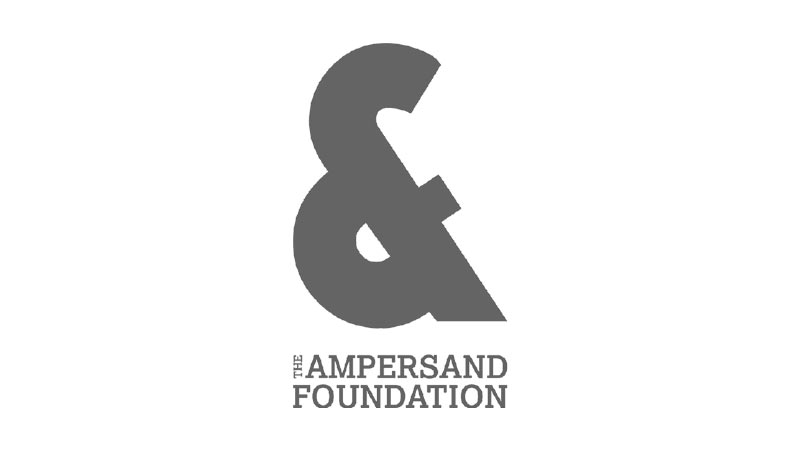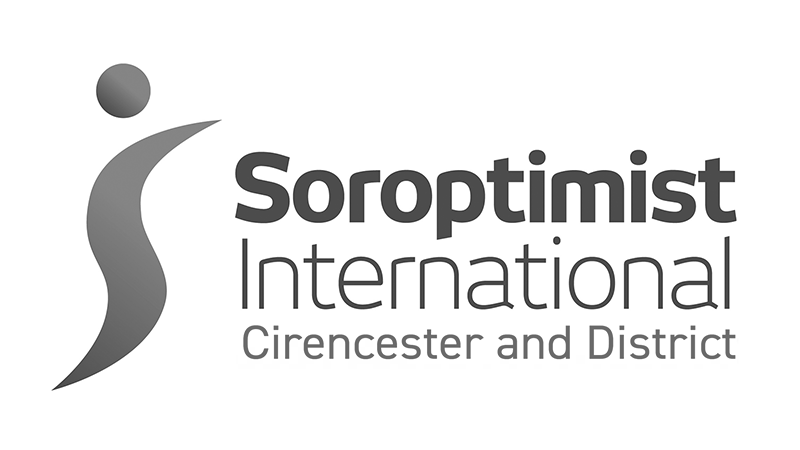Notes
This programme will show how women (singers, monarchs, seamstresses or peasant women) can greatly improve our lives and living conditions by resisting, fighting back, standing up or raising their voices.
The first heroine is Calypso Rose holding court. Born on Tobago, singer, composer and activist, she frequently addresses sexism, racism and other social ills and pushing the struggle for gender equality. By empowering women to dance the calypso she became, and is, the Calypso Queen. Queen Lili`uokalani (1838 –1917) was the only female ruler of the Hawaiian Kingdom and its last monarch. She wrote poetry while imprisoned for trying to prevent US annexation of her country. Hawaii was forcefully annexed in 1898 in order to protect US-American sugarcane plantation interests and a growing realization of its strategic importance to the US. It became the 50th US-American state in 1959. Four years earlier, in 1955, Rosa Parks (1913–2005) became an international icon of resistance to racial segregation by refusing to give up her seat on bus to a white passenger in Montgomery, Alabama. Wilma Mankiller (1945 –2010) was the first woman elected to serve as chief of the Cherokee Nation and Marichuy, a Nahua Mexican traditional healer and a human rights activist, is the first indigenous female presidential candidate (for the 2018 Mexican election).
Indian Phoolan Devi (1963 – 2001), known as the Bandit Queen, continues to be a role model for young Indian women to stand up for themselves. After committing a crime and serving a prison sentence, she went on to become a member of parliament and was later was assassinated. Having been awarded the Nobel Peace Prize in 1992, Rigoberta Menchu, an indigenous feminist and human rights activist, ran for the office of president of Guatemala in 2007 and 2011. The Lockhart River Community invited principals and school teachers to deepen their knowledge of indigenous Australian heritage while Marjorie, a young Alaska Native woman tattoos indigenous women with ancient patterns, re-connecting them with their culture that has been severely battered by colonialism. Since 1994, when the Zapatista movement began in Mexico, the Zapatista women have played an important role as political leaders, coordinators of cooperatives and promoters of health and education. The uprising began in the south-eastern Mexican state of Chiapas to counteract the institutional trajectory of racism, neglect, genocide and exploitation that has been on-going since the conquest of the Americas in 1492.
‘I was dreaming…’ sings Pattie Smith in her uplifting song, People have the power, which concludes the programme.
The first heroine is Calypso Rose holding court. Born on Tobago, singer, composer and activist, she frequently addresses sexism, racism and other social ills and pushing the struggle for gender equality. By empowering women to dance the calypso she became, and is, the Calypso Queen.
Calypso Queen, 3:13
Source: YouTube
Queen Lili`uokalani (1838 –1917) was the only female ruler of the Hawaiian Kingdom and its last monarch. She wrote poetry while imprisoned for trying to prevent US annexation of her country. Hawaii was forcefully annexed in 1898 in order to protect US-American sugarcane plantation interests and a growing realization of its strategic importance to the US. It became the 50th US-American state in 1959.
AAPI Civil Rights Heroes – Queen Lili`uokalani, 2:04
Source: Vimeo
Four years earlier, in 1955, Rosa Parks (1913–2005) became an international icon of resistance to racial segregation by refusing to give up her seat on bus to a white passenger in Montgomery, Alabama.
Rosa Parks biography: In her own words, 2:13
Source: YouTube
Wilma Mankiller (1945 –2010) was the first woman elected to serve as chief of the Cherokee Nation.
MANKILLER trailer | LA Film Festival | June 14-22, 3:09
Source: YouTube
Marichuy, a Nahua Mexican traditional healer and a human rights activist, is the first indigenous female presidential candidate (for the 2018 Mexican election).
Marichuy makes case for Mexican indigenous rights with presidential run, 2:48
Source: YouTube
Indian Phoolan Devi (1963 – 2001), known as the Bandit Queen, continues to be a role model for young Indian women to stand up for themselves. After committing a crime and serving a prison sentence, she went on to become a member of parliament and was later was assassinated.
Trailer for Hossein Fazeli’s Phoolan Devi documentary, 2:12<
Neetu Badhan-Smith on Phoolan Devi, 4:15
Source: Vimeo
Having been awarded the Nobel Peace Prize in 1992, Rigoberta Menchu, an indigenous feminist and human rights activist, ran for the office of president of Guatemala in 2007 and 2011.
Rigoberta Menchu by Rigoberta Menchu, 4:35
Source: YouTube
The Lockhart River Community invited principals and school teachers to deepen their knowledge of indigenous Australian heritage.
Lockhart River – Women Yarning Up 2014, 4:23
Source: Vimeo
Marjorie, a young Alaska Native woman tattoos indigenous women with ancient patterns, re-connecting them with their culture that has been severely battered by colonialism.
How Alaska Native Women Are Healing From Generations Of Trauma, 6:58
Source: YouTube
Since 1994, when the Zapatista movement began in Mexico, the Zapatista women have played an important role as political leaders, coordinators of cooperatives and promoters of health and education. The uprising began in the south-eastern Mexican state of Chiapas to counteract the institutional trajectory of racism, neglect, genocide and exploitation that has been on-going since the conquest of the Americas in 1492.
Women in the Zapatista Movement, 6:13
Source: YouTube
‘I was dreaming…’ sings Pattie Smith in her uplifting song, People have the power, which concludes the programme.
Choir! Choir! Choir! & Patti Smith sing “PEOPLE HAVE THE POWER” in NYC with Stewart Copeland, 6:58
Source: YouTube
* being open source or obtained from a permitted uploader to either YouTube or Vimeo











